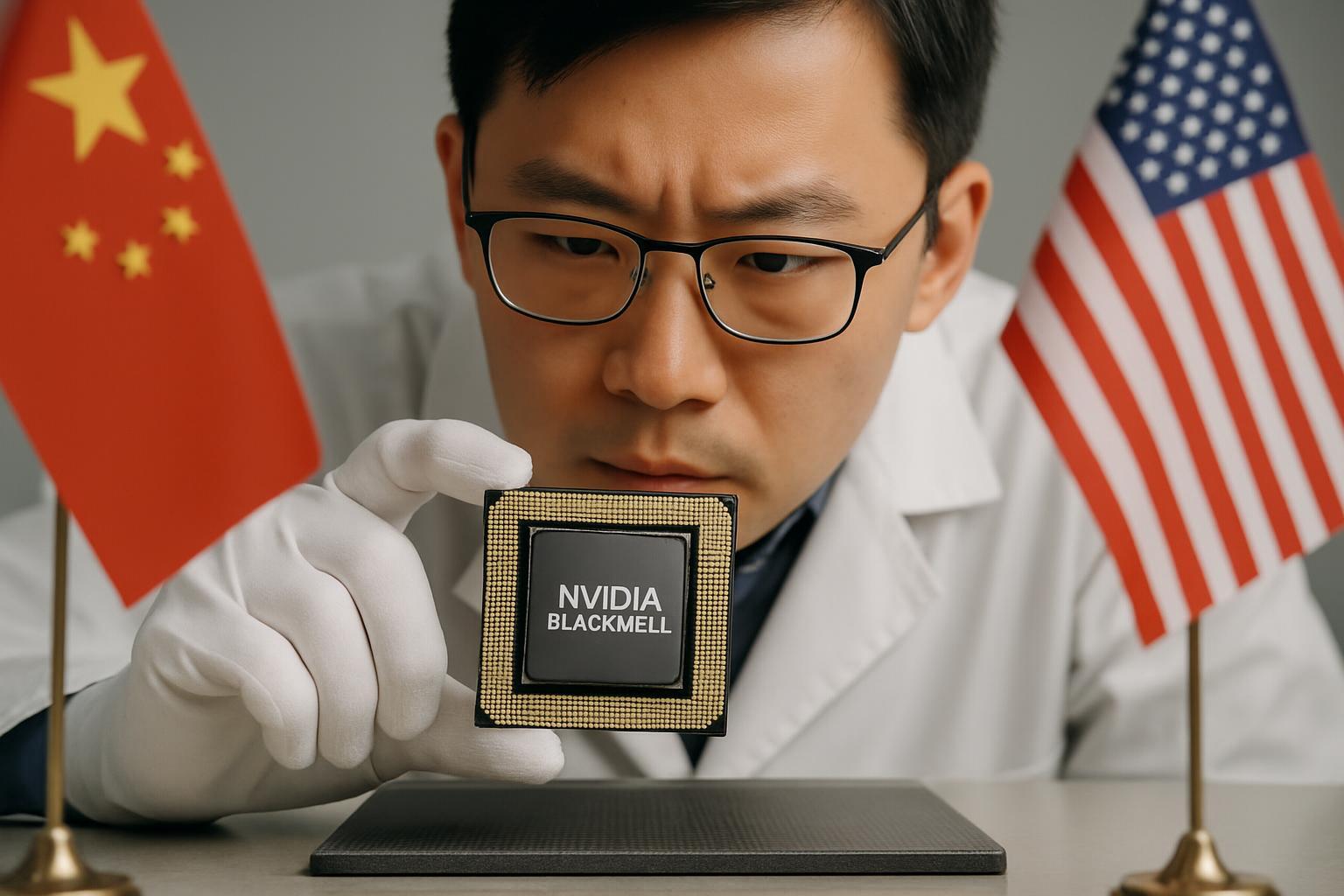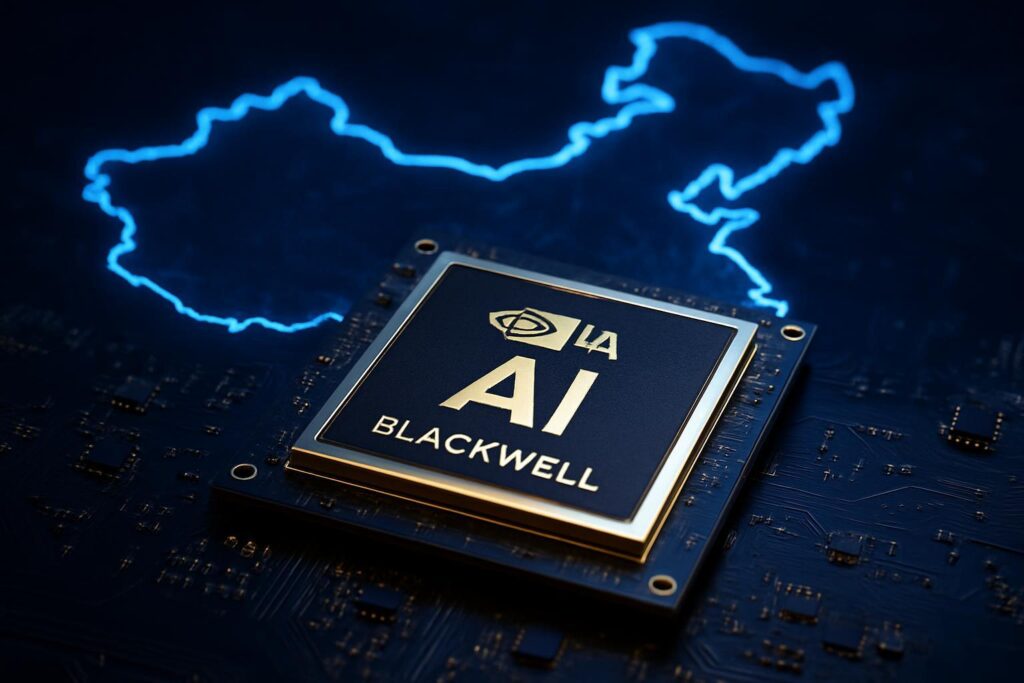Nvidia, the leading giant in the artificial intelligence chip sector, is reportedly preparing the launch of a more economical version of its powerful Blackwell chip specifically designed for the Chinese market. According to sources close to the matter, the launch could take place as early as June, representing a strategic move amidst trade restrictions between the United States and China.
A strategic adaptation in the face of export restrictions
This development comes as a direct response to the trade restrictions imposed by the United States that have limited Nvidia's ability to sell its most advanced AI chips to the Chinese market. The new variant of the Blackwell chip would be specifically designed to comply with US export regulations while maintaining competitive performance for customers in China.
Reuters recently reported that Nvidia is working on this alternative solution to maintain its position in the lucrative Chinese market without violating the restrictions imposed by Washington. China represents one of the most important markets for AI technology, with a growing demand for infrastructure for data centers and artificial intelligence applications.

Balancing regulatory compliance and competitiveness
The lower-cost version of the Blackwell chip will presumably have modified technical specifications to comply with export regulations. This could include:
- Reduced interconnect speed between chips
- Limitations on parallel processing capacity
- Architectural adjustments to meet regulatory thresholds
- More affordable price for the Asian market
This strategy is not new for Nvidia, which already launched modified versions of its A800 and H20 chips specifically designed for the Chinese market after the initial export restrictions imposed in 2022 and reinforced in 2023.
Implications for global technological leadership
Nvidia's move reflects the complexity of the current global technological ecosystem , where companies must navigate between geopolitical restrictions and market opportunities. For the company, maintaining a presence in China is crucial, as this country represents approximately 20-25% of Nvidia's revenue in the data center segment, according to industry estimates.
At the same time, this situation benefits Chinese chip manufacturers such as Huawei, which are accelerating the development of local alternatives to reduce dependence on US technology.
Context of the Blackwell architecture
The Blackwell architecture, presented by Nvidia earlier this year, represents its most advanced technology for AI and high-performance computing. Blackwell chips are specifically designed to handle the growing demands of training and inference of generative AI models, offering:
- Greater energy efficiency compared to previous generations
- Advanced capabilities for processing large language models
- Significant improvements in the speed of training AI models
- Optimization for enterprise AI applications
Perspectives for the global AI market
This development underscores the strategic importance of advanced semiconductors in the current technological landscape. The ability to access cutting-edge AI chips has become a determining factor in the development of artificial intelligence capabilities in companies and nations.
For Chinese companies that depend on Nvidia's AI infrastructure, this adapted version of the Blackwell chip could provide a path to continue advancing their AI initiatives while geopolitical tensions continue to affect the global technology supply chain.
The balance between trade restrictions and technological advancement will continue to be a challenge for both manufacturers and consumers of AI technology, as competition for leadership in the field of artificial intelligence intensifies globally.


